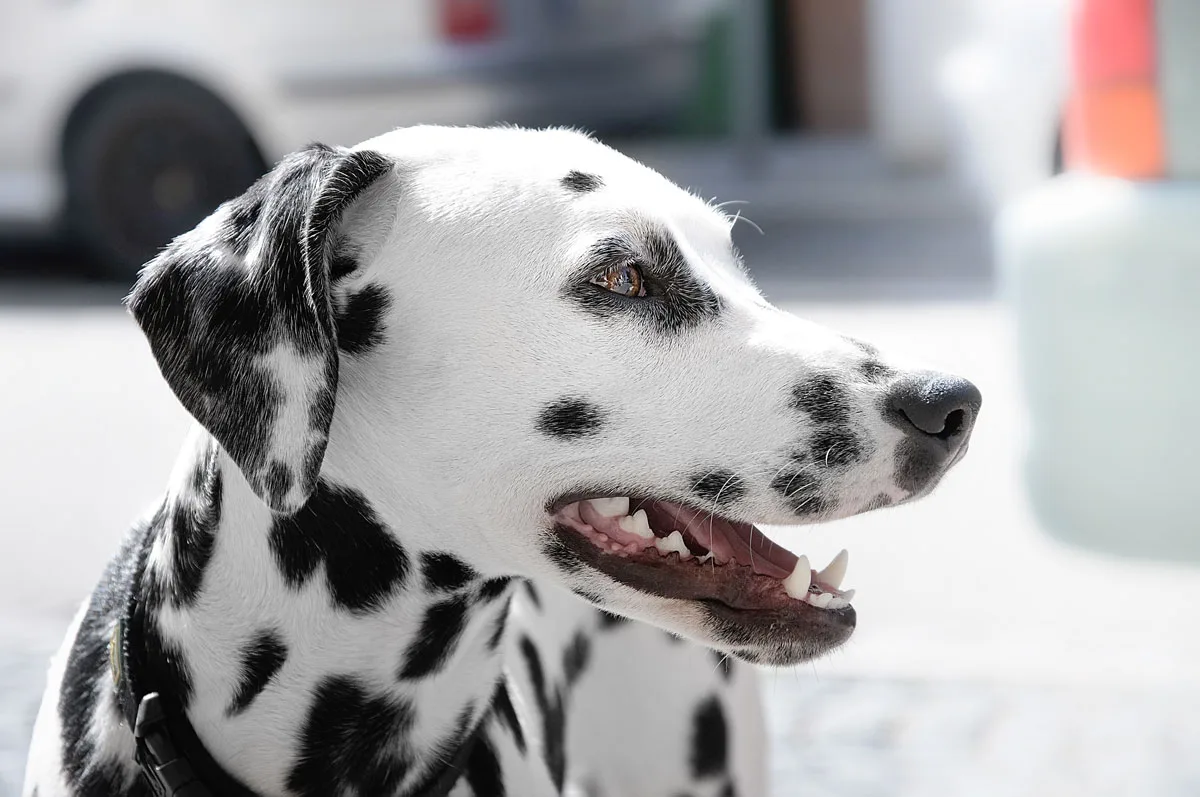
Managing healthy skin and coat in pets is one of the most common reasons a pet owner will take their dog or cat to visit the vet.
In dogs, it is particularly common for Terriers, Setters, Retrievers, Spaniels and Dalmatians to visit the vet with a need to support for managing healthy skin and coat in pets.
As a pet owner you will want to help to calm your pet’s sensitive, dry flaky skin and look for a product that will soothe and reduce the itching to help make your pet more comfortable. The causes and irritation fall into several categories and to complicate matters, you dog or cat could be affected by more than one cause. These can include fleas, food allergies and an acute fatty acid imbalance.
Common signs that your pet may need support for their skin and coat could include:
• Your pet may be moulting more than usual.
• You might notice that they have thin or balding patches.
• They could develop dry or flaky skin.
• Their coat may appear dull or greasy.
Your pet may have all year round symptoms, which could mean that they are allergic to something in your home, however there are allergic reactions that are seasonal. Outdoor seasonal allergens can include, ragweed, grasses and pollens.
A healthy coat should be shiny but not greasy and will be soft and quite smooth. An unhealthy coat on a dog will be dry and brittle and could also be greasy with a dusty appearance. There could also be a few bald spots and an unpleasant smell.
Persistent itching is not only stressful for your pet, but can also cause distress to you as their owner. To help here are our top tips for managing healthy skin and coat in pets:
Regular grooming
This will help to remove loose hairs, keep your pet’s coat free from dirt and distribute natural skin oils, which help to make their coat shiny. Try not to groom them more than once a week, as this could lead to irritation on the skin.
Don’t over bathe your pet
This can lead to a dog with dry skin. Be sure to only use animal specific shampoos, as human shampoo could irritate your pet’s sensitive skin.
Protect your pet from the sun
Like humans, overexposure to the sun is bad for your pet’s skin. Pets with light skin and short or thin hair, such as white cats are more susceptible to sensitive skin caused from the sun. Try to limit the amount of time your pet spends in the sun and watch for signs of burning. If your cat spends a lot of time outdoors, there are sunscreens available for pets.
Food
Be sure to feed your pet a good quality diet. Foods rich in fatty acids, oils and vitamins can support healthy skin.
Parasite control
One of the most common causes of skin complaints is parasites and fleas. Prevention is always the best treatment for flea control. Be sure to treat all pets, indoor and outdoor, as outdoor pets can carry fleas to indoor pets. Consult your vet for the best product to treat your pet.
Fluids
A constant supply of water is important to keep your pet cool and hydrated, like us, your cat or dog requires water to maintain healthy skin.
Reduce stress
Stress can lead to over grooming. Understand what is causing your pet to become stressed and try to reduce this, if possible. If your pet is anxious, ask your vet about Nutracalm.
Keep your home and their bed clean
Regularly clean, provide fresh bedding and reduce dust in your home. Hoovering on a regular basis, at least twice a week, will help to get rid of any excess dust. This will include rugs, curtains and any other material that gathers dust.
Consider using natural supplements
Nutramega contains high quality Omega-3 fatty acids and Vitamin E, which naturally calm sensitive skin, soothe dry, flaky skin and reduce itching and scratching.
Speak to your vet about managing healthy skin and coat in pets and ask them for more information on additional ways to maintain the health of your pet. Ask your vet about how Nutramega can help to maintain a healthy coat and skin for your pet.
